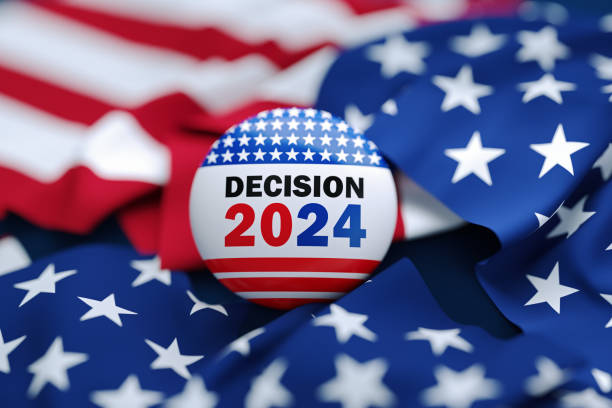How Business Trends Are Shaping Our Elections

How Business Trends Are Shaping Our Elections
by Ondray Pearson
The intersection of business and politics has always been a complex one. However, in recent years, the influence of business trends on elections has become increasingly pronounced. As technology continues to evolve and global economies shift, businesses are playing a more significant role in shaping the political landscape.
The Rise of Corporate Political Action Committees (PACs)
Corporate PACs have become a powerful force in American politics, donating millions of dollars to candidates and political parties. These organizations allow businesses to pool resources and influence elections. By contributing to campaigns, PACs can shape public policy and regulatory environments that benefit their industries.
The Impact of Globalization on Election Campaigns (Business Trends)
Globalization has made it easier for businesses to operate across borders. This has led to increased competition and a more complex economic landscape. As a result, politicians are increasingly focused on trade policies, immigration, and international relations. These issues can have a significant impact on businesses and, in turn, influence voter behavior.
The Role of Technology in Elections (BusinessTrends)
Technology has revolutionized the way we campaign, vote, and consume political information. Social media platforms, for example, have given candidates a powerful tool to reach voters directly. However, these platforms have also raised concerns about the spread of misinformation and the impact of foreign interference in elections.
The Influence of the Gig Economy on Labor Politics
The rise of the gig economy has challenged traditional notions of work and employment. As more people become independent contractors or freelancers, labor unions and workers’ rights have become important issues in elections. Politicians are increasingly focused on policies that protect the rights of gig workers and ensure fair labor practices.
The Impact of Climate Change on Election Campaigns
Climate change has emerged as a major global issue, and it is increasingly influencing elections. Voters are demanding action on climate change, and politicians are responding with policies aimed at reducing greenhouse gas emissions and transitioning to a sustainable economy.
The Future of BusinessTrendsand Politics
As the business landscape continues to evolve, so too will the relationship between business and politics. Businesses will need to adapt to changing political climates and regulatory environments. Politicians, in turn, will need to address the challenges and opportunities presented by the digital age, globalization, and climate change.
The Impact of Artificial Intelligence on Elections
Artificial intelligence (AI) has the potential to revolutionize the way we conduct elections. From campaign strategies to voter outreach, AI can be used to analyze vast amounts of data and make informed decisions.
Here are some ways AI is shaping elections:
- Micro-targeting: AI-powered tools can analyze voter data to identify specific demographics and tailor campaign messages accordingly.
- Campaign Finance Optimization: AI can help campaigns optimize their spending by identifying the most effective channels and strategies.
- Misinformation Detection: AI can be used to identify and flag false or misleading information, helping to combat the spread of misinformation.
- Voter Turnout Prediction: By analyzing historical data and real-time information, AI can predict voter turnout and help campaigns allocate resources effectively.
The Role of Social Media in Modern Elections
Social media platforms have become essential tools for political campaigns. They allow candidates to connect directly with voters, share their message, and mobilize supporters. However, social media has also been used to spread misinformation and disinformation, making it a double-edged sword.
The Future of Elections
As technology continues to evolve, we can expect to see even more innovative ways to conduct elections. From online voting to blockchain-based systems, the future of elections is full of possibilities.
However, it’s important to consider the potential risks and challenges associated with these new technologies. As we move forward, it’s crucial to strike a balance between innovation and security.
Conclusion
The intersection of business and politics has become increasingly complex in the digital age. As technology continues to evolve and global economies shift, businesses and politicians alike must adapt to stay competitive.
From the rise of AI and social media to the impact of globalization and climate change, the factors shaping our elections are multifaceted and far-reaching. By understanding these trends and their implications, we can better navigate the political landscape and work towards a more informed and equitable future.
Glue Dream strain I’m often to blogging and i really appreciate your content. The article has actually peaks my interest. I’m going to bookmark your web site and maintain checking for brand spanking new information.
Glue Dream strain Good post! We will be linking to this particularly great post on our site. Keep up the great writing
Technology us I am truly thankful to the owner of this web site who has shared this fantastic piece of writing at at this place.